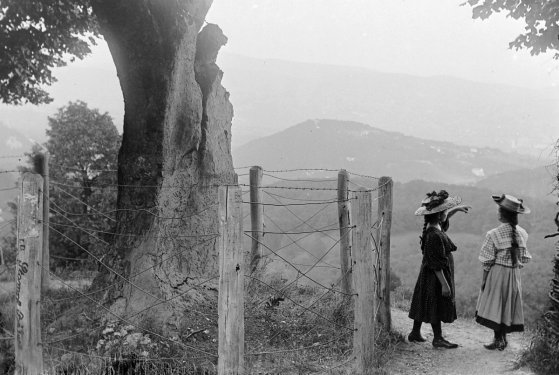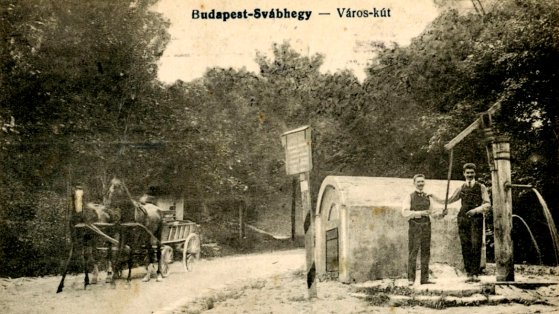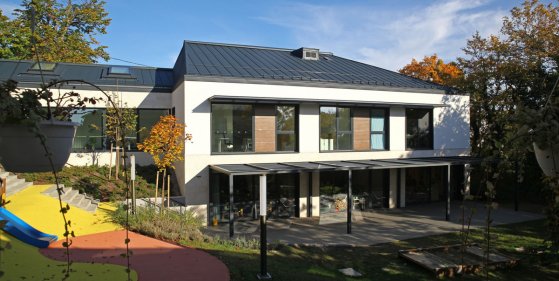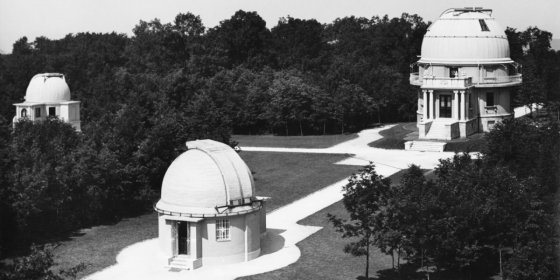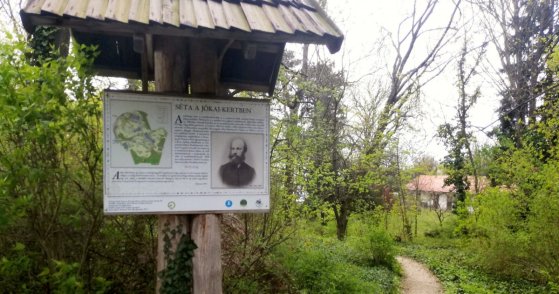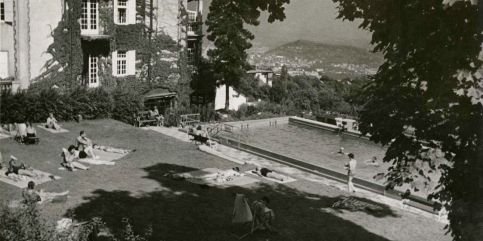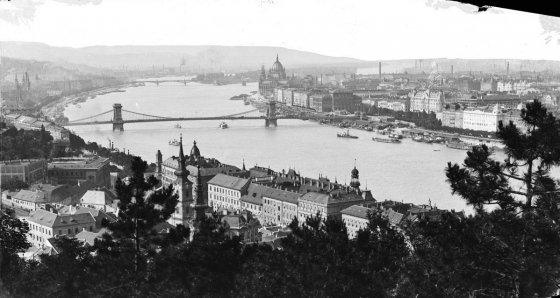 The „intertwined history” of the bridges and the city of Budapest
Which ideas and events have shaped the fate of bridges of Budapest and the cityscape? Alongside many other interesting facts, this question is also answered this newly published book by the Budapest City Archives, which introduces the history of bridges in Budapest.
The „intertwined history” of the bridges and the city of Budapest
Which ideas and events have shaped the fate of bridges of Budapest and the cityscape? Alongside many other interesting facts, this question is also answered this newly published book by the Budapest City Archives, which introduces the history of bridges in Budapest.
Svábhegy
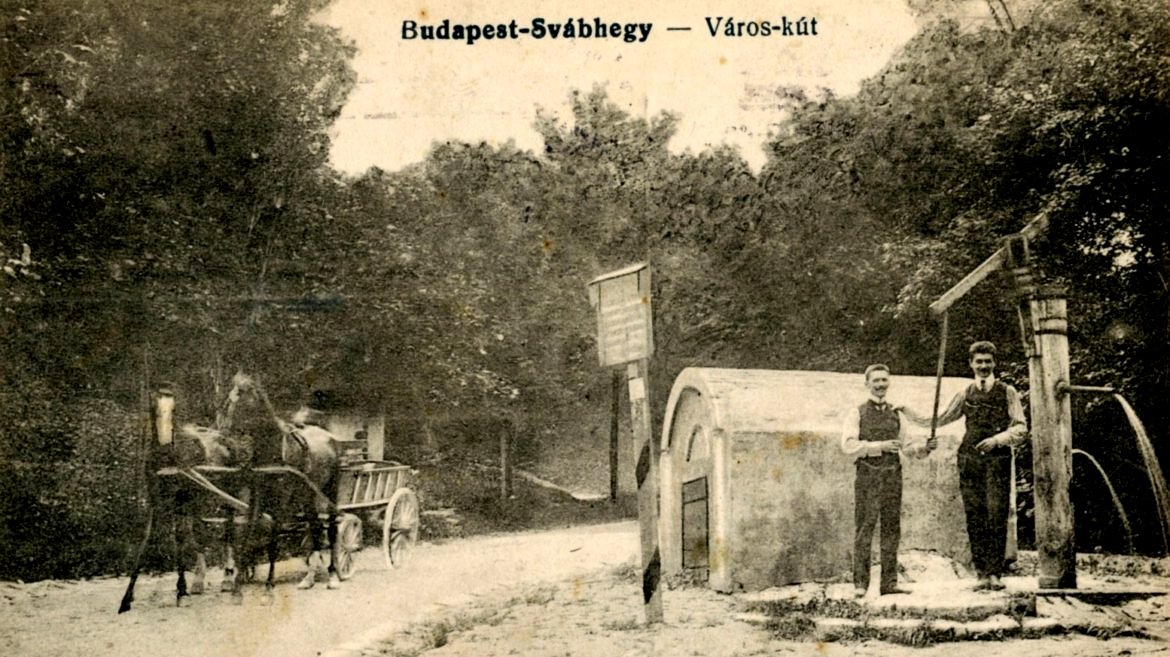 A forgotten occupation: water sellers on the streets of Pest and Buda
A forgotten occupation: water sellers on the streets of Pest and Buda
August 11, 2022 at 6:47 PM
Water is a basic necessity for life, so its significance has been extremely important in all ages. Today it is natural that water flows from the tap, but in the past this was not the case, water was also brought to the houses by vendors so that people could wash, cook, clean themselves, and most importantly, drink. In the 19th century, Pest and Buda began to develop significantly, the local wells and sources could no longer fully satisfy the needs, so water sellers appeared who measured their portage for money.
Ninety-five years ago, Normafa fell down - they tried to save it for decades
June 19, 2022 at 1:00 PM
95 years ago, hikers in Buda surprisedly found on Svábhegy that their favourite, century-old tree had disappeared overnight. The excursion place without the beech tree called Normafa from 19 June 1927 was no longer the same as before.
Wells, springs, baths in the 12th district: exhibition opened on the role of water in the Hegyvidék Local History Collection
June 3, 2022 at 8:00 AM
Already in the time of King Matthias, the Hegyvidék wells provided water to the Buda Castle, but Queen Elizabeth and Palatine Joseph also drank water coming from Svábhegy - revealed at the new exhibition on the relationship between Hegyvidék and the water, which opened on Wednesday in the building of the Hegyvidék Local History Collection next to the Horse Railway Cultural and Event Centre.
A new Catholic kindergarten was consecrated on Svábhegy
November 8, 2021 at 2:00 PM
The Pannonia Sacra Catholic Kindergarten opened its doors in September in the 12th district, the two-storey modern building was built on Diana Road.
The sky over Budapest - the observatory was moved to Svábhegy because of Trianon
August 16, 2021 at 9:00 AM
The construction of the new Budapest Observatory began on Svábhegy a hundred years ago, which replaced the Ógyalla observatory lost with Trianon. Despite the initial difficulties, a European-level research center was set up in a few years near Normafa, where the skies of Budapest are still being viewed in the observatory's typical domed building.
A jewel above Budapest - The Jókai Garden has retained its charm
May 2, 2021 at 3:00 PM
Although Mór Jókai was not born and raised in Budapest, he still gave something to the capital that is irreplaceable. The garden and park he created have retained their charm to this day, despite the vicissitudes of history. The institutions here, which try to preserve Jókai's heritage, play a major role in these efforts.
Breathtaking panorama for high-altitude bathing – The forgotten memories of swimming on Svábhegy
August 11, 2020 at 1:00 PM
At the time of its construction, the Svábhegy open-air pool was characterised as an “artistic and significant work for tourism” at the opening in July 1934. The former spa, located at 430 metres above sea level, designed by our legendary athlete and architect, Alfréd Hajós, deserved the attributes above with its beautiful geographical location and cleverly solved architectural realisation.
More articles
 The „intertwined history” of the bridges and the city of Budapest
Which ideas and events have shaped the fate of bridges of Budapest and the cityscape? Alongside many other interesting facts, this question is also answered this newly published book by the Budapest City Archives, which introduces the history of bridges in Budapest.
The „intertwined history” of the bridges and the city of Budapest
Which ideas and events have shaped the fate of bridges of Budapest and the cityscape? Alongside many other interesting facts, this question is also answered this newly published book by the Budapest City Archives, which introduces the history of bridges in Budapest.
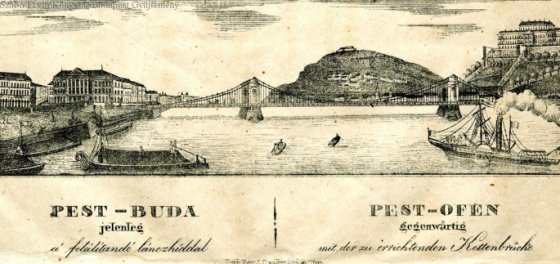 The Bridge Report, which brought a turning point in the history of Budapest
A travel report that changed the history of Pest and Buda, as well as Hungary. The little book contributed to the change of half a thousand years of legal customs and the implementation of an investment of unprecedented size and technical quality. This book was The Bridge Report [Hídjelentés in Hungarian].
The Bridge Report, which brought a turning point in the history of Budapest
A travel report that changed the history of Pest and Buda, as well as Hungary. The little book contributed to the change of half a thousand years of legal customs and the implementation of an investment of unprecedented size and technical quality. This book was The Bridge Report [Hídjelentés in Hungarian].
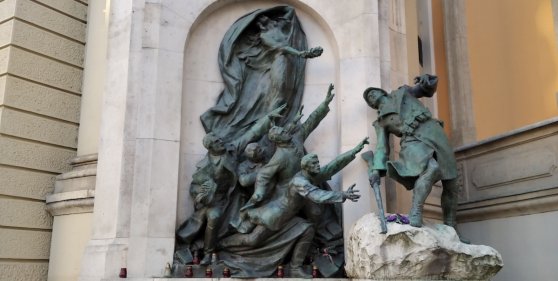 Drama on the university wall - The heroic monument was planned 95 years ago
In the constant hustle and bustle of the Egyetem Square in Pest, the students may not even notice the monument that decorates the short section of wall between the church and the central building of ELTE. However, it commemorates their predecessors, the heroes who fought for their country in World War I, and those who heroically helped them. The first design of the dramatically collapsing soldier was born in 1928, ninety-five years ago.
Drama on the university wall - The heroic monument was planned 95 years ago
In the constant hustle and bustle of the Egyetem Square in Pest, the students may not even notice the monument that decorates the short section of wall between the church and the central building of ELTE. However, it commemorates their predecessors, the heroes who fought for their country in World War I, and those who heroically helped them. The first design of the dramatically collapsing soldier was born in 1928, ninety-five years ago.

